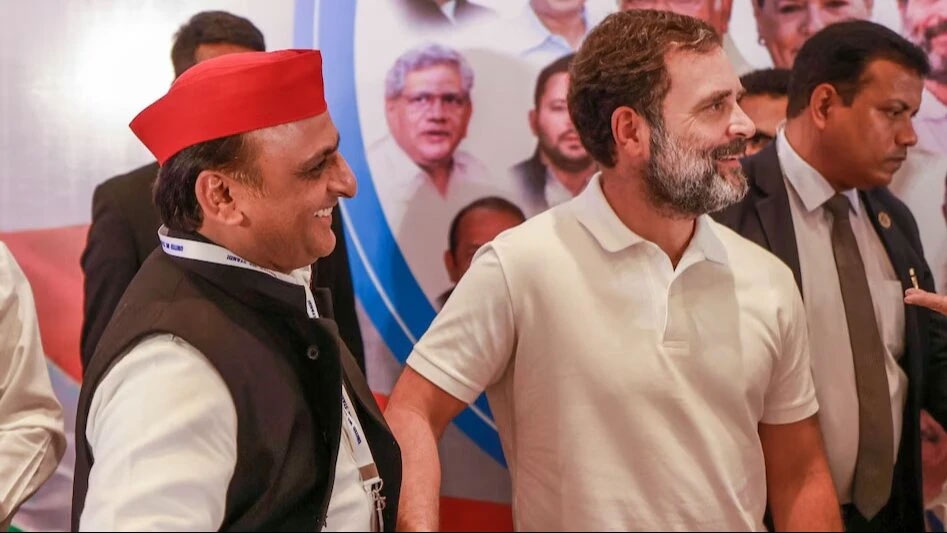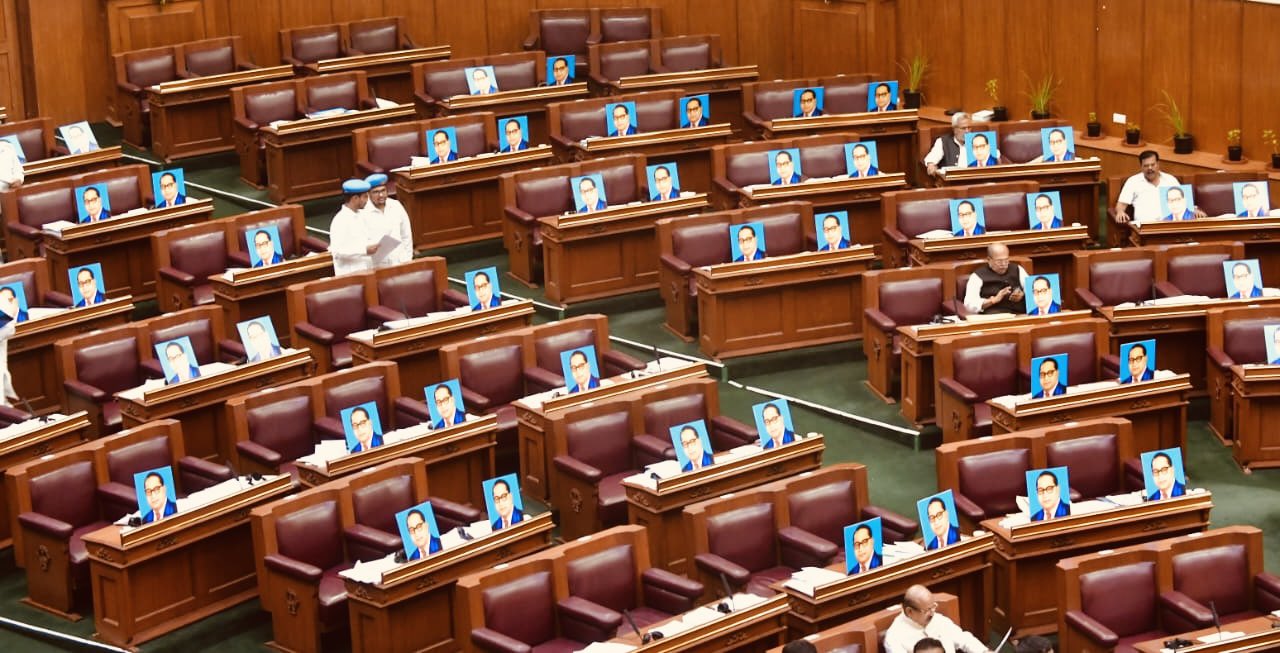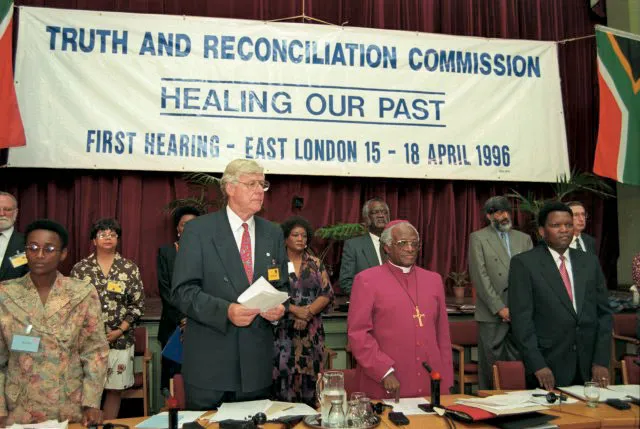The 2024 general election results surprised many. They were hardly expecting such an outcome. It was widely believed that by holding the consecration of Ram Mandir in Ayodhya, Prime Minister Narendra Modi had tasted “ambrosia” and that his success in the elections was a given. But what was happening on the ground was either not visible to the prime minister through his rainbow glasses or the Bharatiya Janata Party (BJP) was deliberately ignoring it. The results confined the BJP to 33 of the 80 constituencies in Uttar Pradesh while the Samajwadi Party (SP), with 37 seats, emerged as the third biggest party in the country.
These results from Uttar Pradesh were the biggest shock to the BJP. The BJP leaders still can’t believe that in a state like Uttar Pradesh, the Indian National Developmental Inclusive Alliance (INDIA) has got more seats than the National Democratic Alliance (NDA). But those who were treading the dusty roads of Uttar Pradesh, away from the paid discussions in TV newsrooms, are not that surprised. The people were not speaking openly, but the anger against the BJP was palpable among the poor and the deprived classes. However, the Savarna journalists sitting in their air-conditioned offices in Delhi, their bosses and even the government itself failed to gauge the public mood.
The SP is on cloud nine and the results have given a new lease of life to the Congress in the state. But the leadership of both the parties must be regretting that had they worked a bit harder, they could have won 10-15 more seats. INDIA candidates were in the race till the last round of counting in at least a dozen constituencies, only to lose by slender margins. They included Farrukhabad (margin of defeat 2,658 votes), Bansgaon (3,150 votes), Phulpur (4,332), Meerut (10,585), Aligarh (15,647) and Kanpur (20,968). The leaders of the two parties won’t be able to forget these wins-that-weren’t for years. Had INDIA won these seats, it would have been a bit closer to power. Having said that, Akhilesh Yadav’s emergence as the leader of the Dalits, besides that of the OBCs, is really remarkable.

Obviously, the result could have been better for INDIA. There were many reasons why that wasn’t to be. To begin with, till the end of the first two phases of polling, INDIA, and particularly the SP, did not believe that they would be able to pose a serious challenge to the BJP in Uttar Pradesh. Second, the resources of the Congress and the SP were no match for those at the command of the BJP. Third, the BJP had managed to engineer so many defections from the SP and the Congress that the two parties had lost whatever confidence they had. But ultimately, the defections engineered by the BJP benefited INDIA. When the people found that the BJP and its candidates had no credible rivals in Uttar Pradesh, they themselves assumed the role of the opposition.
Be that as it may, it is also a fact that the opposition got a whiff of what was coming in the very first phase of voting. The news wafting out from Muzaffarnagar during voting on 19 April smelt pleasant to INDIA. Muzaffarnagar is for long considered Uttar Pradesh’s electoral bellwether. It not only indicates the mood of the Jats but also of the Dalits, the Muslims and the farmers.
The Rashtriya Lok Dal (RLD) leader Jayant Singh had switched sides only a few days before the first phase of polling. But little, if any, impact of it was visible in Muzaffarnagar, Saharanpur, Meerut and Kairana. The farmers, who were bitter because of the way the government dealt with their agitation, did not jump on the RLD bandwagon. They voted for INDIA candidates. The Muslims were feeling cheated by Jayant Chaudhary’s about-turn. Angered, they voted in bigger numbers. But there is another factor which cannot be lost sight of. Bahujan Samaj Party (BSP) leader Akash Anand addressed mega public meetings in western UP in which he tried to convince the Dalits that rations worth Rs 5000 they were getting from the government were tantamount to exploitation. Instead, if they got some work, he said, they would earn at least Rs 1.25 lakh a year, but the BJP was making them dependent on dole.
Moreover, by the time of the second phase of voting, the “Constitution-is-in-danger” narrative had taken centre stage. Besides the loudmouth BJP leaders, Akash Anand also played a role in turning it into a poll issue. He probably paid a price for it subsequently.
Like the BJP, Mayawati and Jayant Singh, too, failed to gauge the discontent and anger brewing among the farmers, the OBCs and the Dalits. Jayant Singh’s RLD may have succeeded in winning two seats (Baghpat and Bijnor) with the help of BJP votes, but it is unlikely that he will ever be able to emerge as a tall leader. The farmers and the Muslims will take ages to overcome their suspicions about his real intent. Similarly, Mayawati also committed a political blunder. Her decision to field Muslim candidates from Amroha, Saharanpur, Sambhal and other seats led the Muslims to suspect that she was trying to help the BJP. Their suspicions were further cemented when Akash Anand was stripped of all responsibilities.
All this ultimately benefited the SP and the Congress. The deprived sections were angry with the BJP-led central and Uttar Pradesh governments and the Muslims were waiting for an opportunity to strike. The SP might have demonstrated political immaturity initially, but its choice of candidates for the later phases of polling was excellent. Akhilesh Yadav, by denying tickets to Yadav and Muslim candidates, managed to forge a broad alliance of all OBCs. He fielded Dalits from general (unreserved) seats. This convinced the Dalits and the OBCs that the SP was doing all it could to win and was serious about giving representation to the Dalitbahujan.
Needless to say, there is always some scope for improvement. But the Uttar Pradesh results are definitely a morale booster for the INDIA alliance. Under the circumstances and given the limited resources at their disposal, the SP and the Congress could have hardly done anything more. But the results have opened new doors of possibilities for both the parties. If the Dalits, the OBCs and the Muslims maintain their unity, the 2027 Assembly elections in the state may bring still better news for the alliance.
(Translation from the original Hindi by Amrish Herdenia)
Forward Press also publishes books on Bahujan issues. Forward Press Books sheds light on the widespread problems as well as the finer aspects of Bahujan (Dalit, OBC, Adivasi, Nomadic, Pasmanda) society, culture, literature and politics. Contact us for a list of FP Books’ titles and to order. Mobile: +917827427311, Email: info@forwardmagazine.in)





